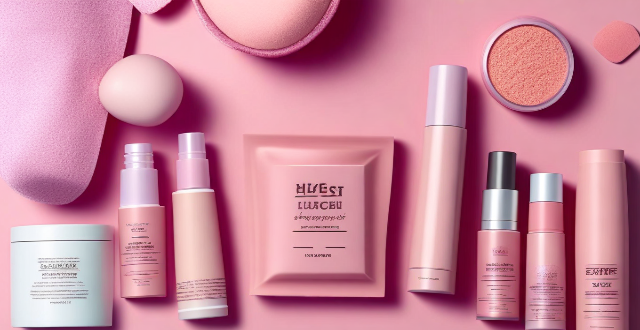If you suspect you've bought fake cosmetics, stop using them, verify authenticity through packaging and manufacturer checks, report the seller, seek medical attention if needed, file a complaint with authorities, educate yourself, and support legitimate brands.

What Actions Should Consumers Take if They Suspect They Have Purchased Fake Cosmetics?
Purchasing counterfeit cosmetics can be a risky business. Not only do these products often fail to deliver the promised results, but they may also contain harmful ingredients that can cause skin irritation, allergic reactions, or even long-term health problems. If you suspect that you have unwittingly bought fake cosmetics, here are some steps you should take immediately:
1. Stop Using the Product
If you have any doubts about the authenticity of a cosmetic product, cease using it immediately. Continuing to use a potentially harmful product can exacerbate any negative effects and put your health at further risk.
2. Verify the Authenticity
Check the Packaging
- Labels and Printing: Genuine products usually have high-quality labels and printing. Look for misspellings, mismatched fonts, or poor-quality images.
- Security Features: Many brands include security features like holograms or unique serial numbers. Check if these are present and valid.
Compare with Known Samples
If possible, compare the suspicious product with one you know is genuine. Differences in color, texture, or scent could indicate a fake.
Consult the Manufacturer
Reach out to the brand's customer service with details about where and when you purchased the product. They may be able to verify its authenticity based on batch numbers or other identifiers.
3. Report the Seller
Contact the Retailer
If you purchased the product from a store or online platform, report your suspicions to the seller. They may investigate and remove the product from their inventory.
Notify the Brand
Informing the cosmetic brand can help them take action against counterfeiters and protect other consumers from falling victim to similar scams.
4. Seek Medical Attention if Necessary
If you experience adverse reactions after using the suspected counterfeit product, consult a healthcare professional immediately. Keep the product and its packaging for examination by medical staff.
5. File a Complaint with Regulatory Authorities
Local Consumer Protection Office
Your local consumer protection office can guide you through the process of filing a formal complaint and may investigate the issue further.
National Agencies
In some countries, national agencies like the Food and Drug Administration (FDA) or its equivalent oversee the safety of cosmetics. Reporting suspicious products to these agencies can lead to broader actions against counterfeit cosmetics.
6. Educate Yourself and Others
Learn How to Spot Fakes
Educate yourself on common signs of counterfeit cosmetics so you can avoid them in the future. Share your knowledge with friends and family to help protect them as well.
Support Legitimate Brands
By purchasing from authorized retailers and avoiding suspiciously cheap offers, you support the brands that invest in safe and effective products.
In conclusion, acting promptly and responsibly when you suspect you have purchased fake cosmetics not only protects your own health but also helps combat the counterfeit market. By following these steps, you can minimize the potential harm and contribute to a safer environment for all consumers.